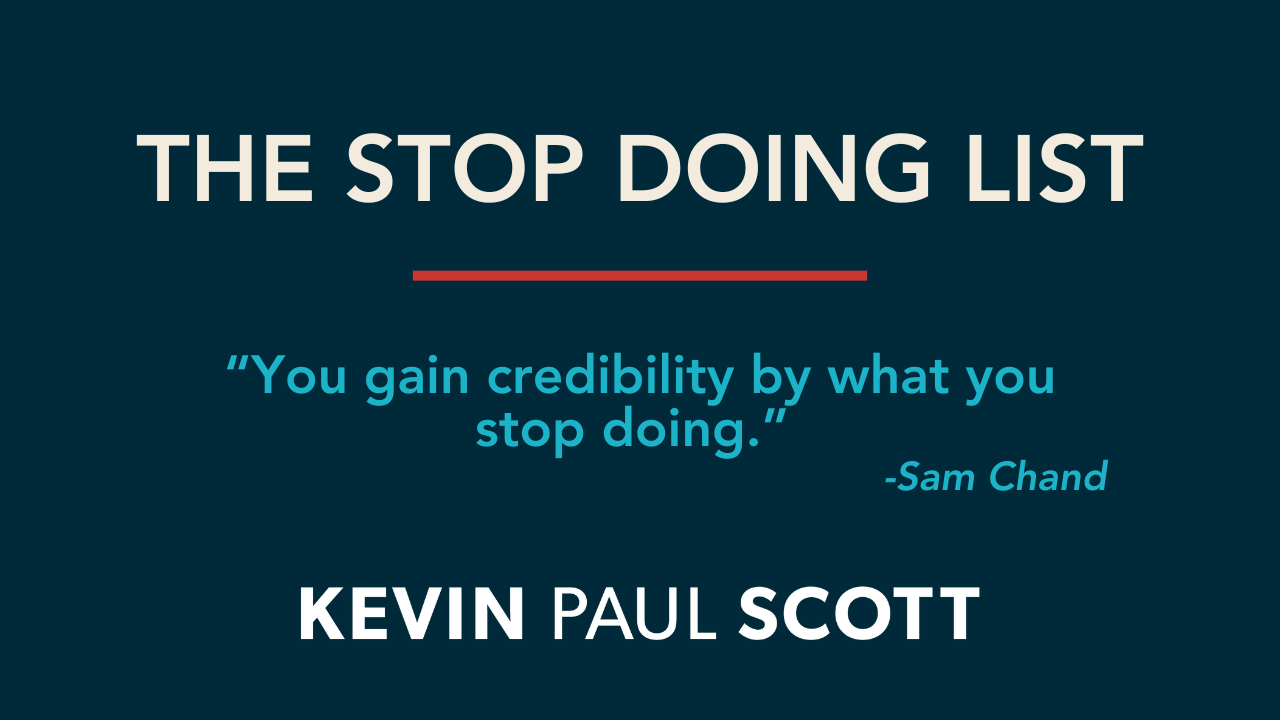I’ve published this blog every single Tuesday since September of 2016. This is the first time that it’s fallen on my birthday.
Today we are going to switch it up. I’ve compiled a list of 38 thoughts --- principles, sayings, truths, and quotes. I have a short attention span, so 38 is a lot. I hope you’ll take the time to read them, and more importantly, take a couple of them and apply them to your life.
1. There is no better way to see the world changed than to be a part of changing the world. Get off the sidelines and do something.
2. If you want big results, set big goals. It's not easy, but it is simple.
3. Obedience is more important than feelings. Ike Reighard says, “The great doors of opportunity swing on little bitty hinges called obedience.”
4. It's nice to be important, but it's more important to be nice.
5. Conformity: Doing what everyone else is regardless of what is right. Morality: Doing what is right regardless of what everyone else is doing.
6. The most important things in life aren't things.
7. Paulus Wiratno says, “Compassion means you are willing to be disturbed.”
8. Excellence is always in demand.
9. If you have a pulse, you have a purpose.
10. God has given you resources, not to increase your standard of living, but your standard of giving.
11. The best way to know God is to spend time with Him.
12. The most dangerous risk of all: the risk of spending your life not doing what you want on the bet you can buy the freedom to do it later.
13. "Fear is a manipulative emotion that can trick us into living a boring life." – Donald Miller
14. If you want to change the world, you have to break the rules. Remember, Orville Wright never had a pilot's license.
15. In order to make a difference you have to be different.
16. When my favorite teams lose, it shouldn’t affect my entire weekend. I still love sports, but it’s just not that important.
17. My kids are growing up fast. I need to enjoy each season. Yes, even the hard, frustrating, exhausting ones.
18. Don’t be afraid to like what you like.
19. Take the trip.
20. Find what’s important and where you add the most value. That’s where to focus.
21. There is no such thing as work-life balance. You may not always get to do what you love, but you can learn to love what you do.
22. You can love the past without living in it.
23. Loyalty to those you love is good in the good times, but essential in the tough times.
24. Just because you have the right to do something does not make it right!
25. When you lower standards people don't decide to give you more, they give you less.
26. My dad always said: If you’re going to be stupid, you’ve got to be tough.
27. Choosing your friends is choosing your future. "As iron sharpens iron, so one person sharpens another." - Proverbs 27:17
28. Ignore the boos, they usually come from the cheapest seats.
29. Don’t worry about the critics. It’s better to take your chances with the public.
30. "People will always try to stop you from doing the right thing if it is unconventional.” - Warren Buffett
31. “Our greatest fear should not be of failure but of succeeding at things in life that don't really matter.” - Francis Chan
32. “Never be afraid to trust an unknown future to a known God.” - Corrie ten Boom
33. Find ways to make memories and visit them often. Cesare Pavese says, "We do not remember days, we remember moments.”
34. You can't change that which you tolerate.
35. Stop chasing the next thing. The next paycheck, the next client, the next book, the next country, the next house. Too much focus on what’s next makes you wish your life away.
36. Most of your big achievements aren’t nearly as satisfying as you hoped they would be.
37. Success is not measured in the money you make or the recognition you receive, but more so in the lives you touch and the impact you have.
38. My favorite Zig Ziglar quote, “The chief cause of failure and unhappiness is trading what you want most for what you want right now.”
I’m thankful for each of you in my life. Many of you who receive this list are friends, fellow church members, colleagues, and other incredible people I’ve met along the way.
And, if you feel so inclined to want to get me something for my birthday, please consider making a donation to Untold, an organization I truly believe in.

























.svg)




